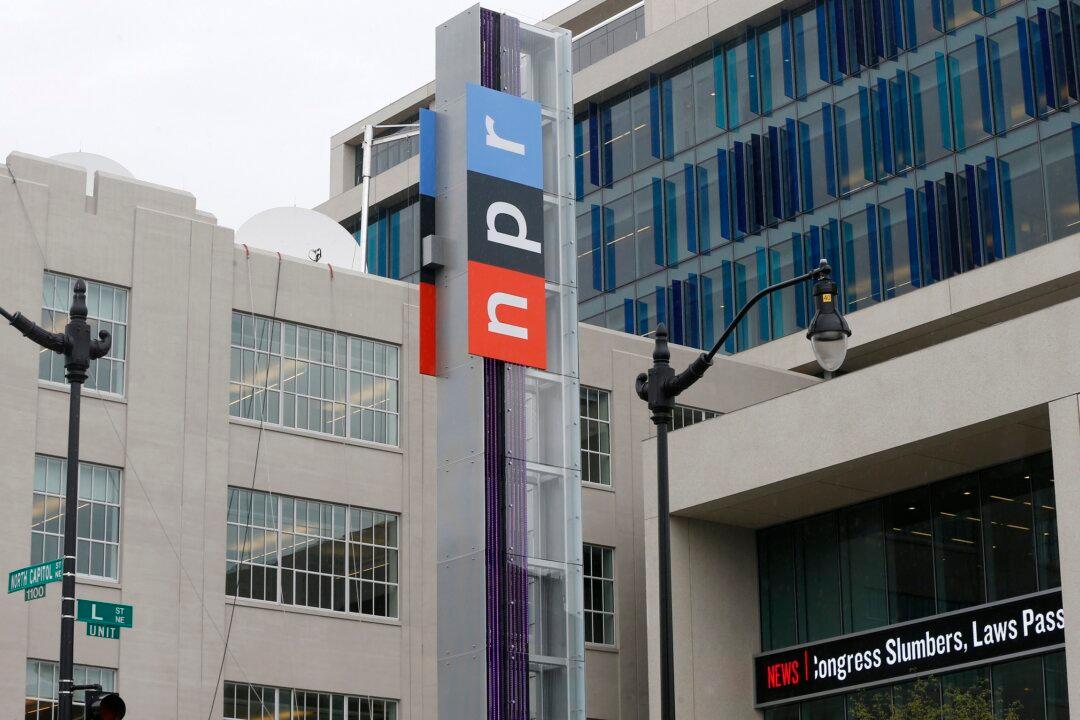Republicans and Democrats fought over taxpayer funding for National Public Radio (NPR) on May 8 during a congressional hearing with the House Committee on Energy and Commerce.
The hearing comes after former NPR senior business editor Uri Berliner published an April 9 op-ed criticizing the company for allegedly prioritizing Democratic and left-leaning viewpoints and story angles while dismissing conservative positions. Republicans were calling for an end to public funding for NPR, while Democrats largely dismissed the hearing as a “waste of time” and defended the broadcasting company and its public funding.





